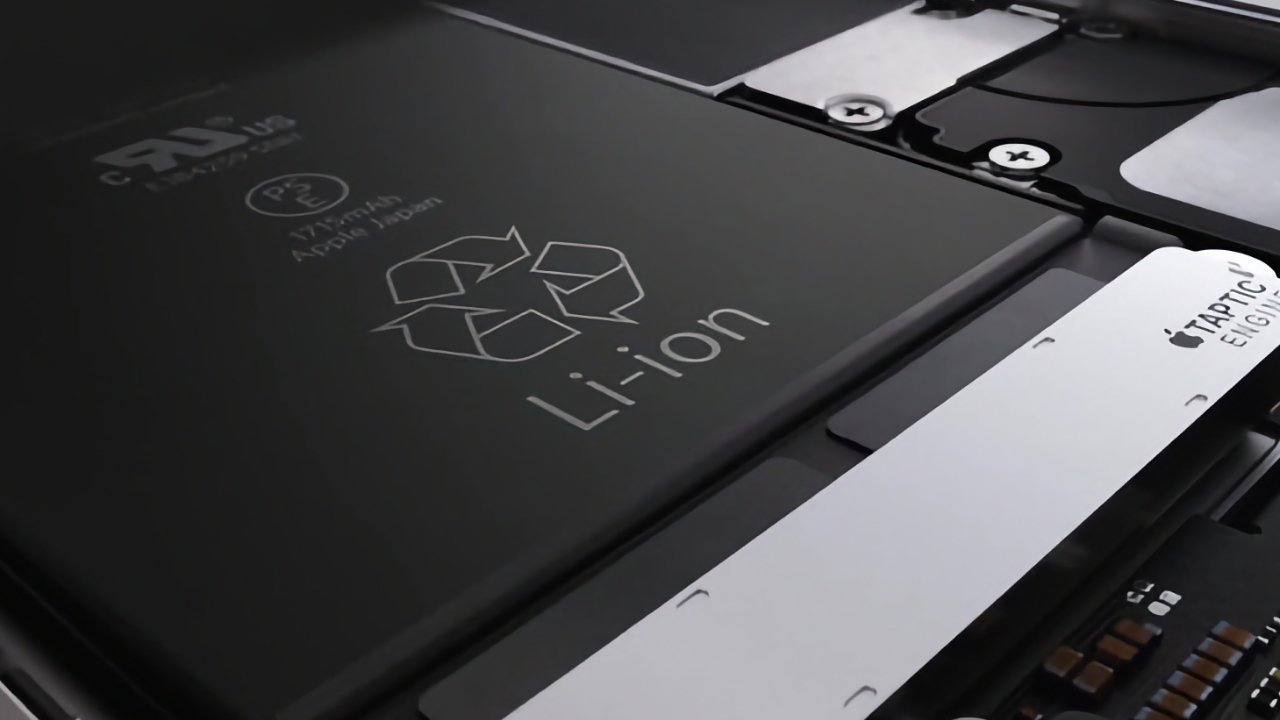A court in British Columbia has given its approval for a settlement that will see Apple pay out up to $14.4 million, to end a class-action lawsuit over alleged iPhone throttling.
The class-action lawsuit alleged that Apple's software updates slowed down the iPhone 6 and iPhone 7 models, allegations that Apple firmly denies. However, to deal with the lawsuit, Apple agreed to make payments to the class, totaling between $11.1 million and $14.4 million.
The defined class consists of Apple customers who bought an iPhone 6, 6 Plus, 6s, 6s Plus, or iPhone SE running iOS 10.2.1 or later, or an iPhone 7 or 7 Plus running iOS 11.2 or later, before December 21, 2017. It applies to all residents in all provinces, except for Quebec, and that a serial number must be supplied.
For their trouble, consumers can expect a payment between $17.50 and $150 if accepted in the class. It is unclear how much of the fund will be paid to lawyers in the lawsuit.
CBC reports that similar lawsuits were filed in Alberta, Ontario, and Saskatchewan.
Class counsel Michael Peerless said the judge was fair and reasonable with their decision on the proposed settlement. While Apple says the settlement isn't an admission of fault, Peerless adds that that Apple "did the right thing and came forward."
The class-action suit result is the latest that Apple has to face regarding the so-called "batterygate" saga, which involved a slowdown of iPhone performance triggered in software updates, in order to protect the device over battery wear. Apple maintains the updates were to maintain stability and to benefit consumers, not to push them to pay for upgrades.
In January, Apple started making payments from its 2020 $500 million settlement to end a similar U.S. class action lawsuit, with class members being paid over $92 per claim.
 Malcolm Owen
Malcolm Owen








 Christine McKee
Christine McKee
 Charles Martin
Charles Martin
 Mike Wuerthele
Mike Wuerthele
 Marko Zivkovic
Marko Zivkovic



 William Gallagher
William Gallagher

-m.jpg)






12 Comments
No good deed goes unpunished.
For those who have forgotten, the "throttling" in question was iOS software that -for phones with an old, degraded battery- would slow down intensive, peak energy demand operations, in order to spread out that energy demand over additional seconds, so that the weakened battery's output could still power the complete operation. The alternative without this adaption would be a system crash, freezing up the app or even shutting down the phone. Old batteries lose capacity. It's physics.
The claim that this was planned obsolescence, intended to push iPhone customers to buy a new phone, is erroneous. Which would more quickly force a decision on replacement: a phone that slows down, or a phone that crashes? Slow is annoying. Crashing is non-functional. Throttling would actually delay customers' decisions to go buy a new phone, yet this is the thing Apple is forced to pay out for.
It applies to all residents in all provinces in British Columbia, except for Quebec.
Pardon me? British Columbia IS a province.
Please fix this sentence:
It should say: